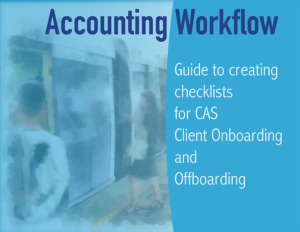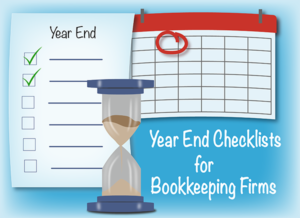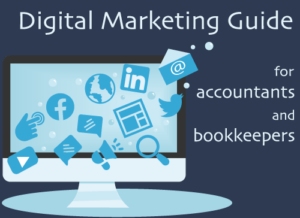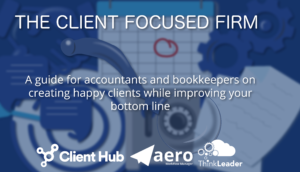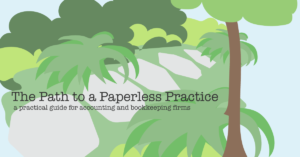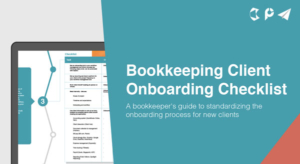The leaves are changing, temperatures are dropping, sinuses are getting infected… and staff shortages are almost inevitable. Towards the end of the year, having a plan in place for absences will help your business stay running smoothly.
It seems a little counterintuitive to make a plan for unplanned absences, but this is definitely a case where you should expect the unexpected. You certainly don’t want staff coming into the office or interfacing with customers when they are ill; there may be a grey area for a staff member who is too ill to come into work, but feels that can still contribute remotely. Now is the time to make sure that you have a Work From Home policy and infrastructure in place to accommodate unplanned absences. You don’t want to be scrambling to accommodate a sick team member while you’re racing to file 1099s. Luckily, there are plenty of strategies you can use when planning for staff shortages at the end of the year.
Write things down
Documenting your procedures is vital to your firm’s efficiency and efficacy…and it’s especially important to have everything written down when you’re dealing with unplanned absences. All of your policies and procedures should be documented and stored in a place that your team can access easily. Schedules and procedures surrounding client work should be made digital so that your staff can refer back to them.
Utilize cross-training where you can
As part of your planning, you should identify areas where cross-training would be beneficial and feasible and schedule time for the cross-training to take place. Cross-training means teaching your staff to do tasks they may not usually do. Ideally, if someone is out sick, another team member can easily step in and help with those tasks. With a pool of talented staff who can seamlessly step into different roles, you won’t have to worry as much about absences.
Handling holidays
Scheduling during the holiday season doesn’t have to be stressful — you just have to plan ahead. Decide which days the firm will be closed for holidays and notify staff and customers. If you did this at the beginning of the year, send out reminders of closures to staff and customers at this time. Then, notify staff of the deadline to file a request for time off during holidays and the busy season.
WFH options
The COVID-19 pandemic caused a lot of accounting firms to take their business remote and solidify their work-from-home procedures. But have you considered providing WFH options who can’t be in the physical workplace due to illness? Sometimes a team member might be too sick to come to the office or afraid of spreading an illness, but still capable of doing their daily tasks. It’s cold and flu season, after all. In those instances, it’s great to have a WFH option in place. Just make sure staff knows policy for not coming to work when ill and is aware of any WFH options.
While it’s impossible to avoid ALL stressful situations and staff shortages and the end of the year, planning ahead can definitely help you manage them. Just remember to start early, try to turn over every stone, and always center client experience in your planning.



